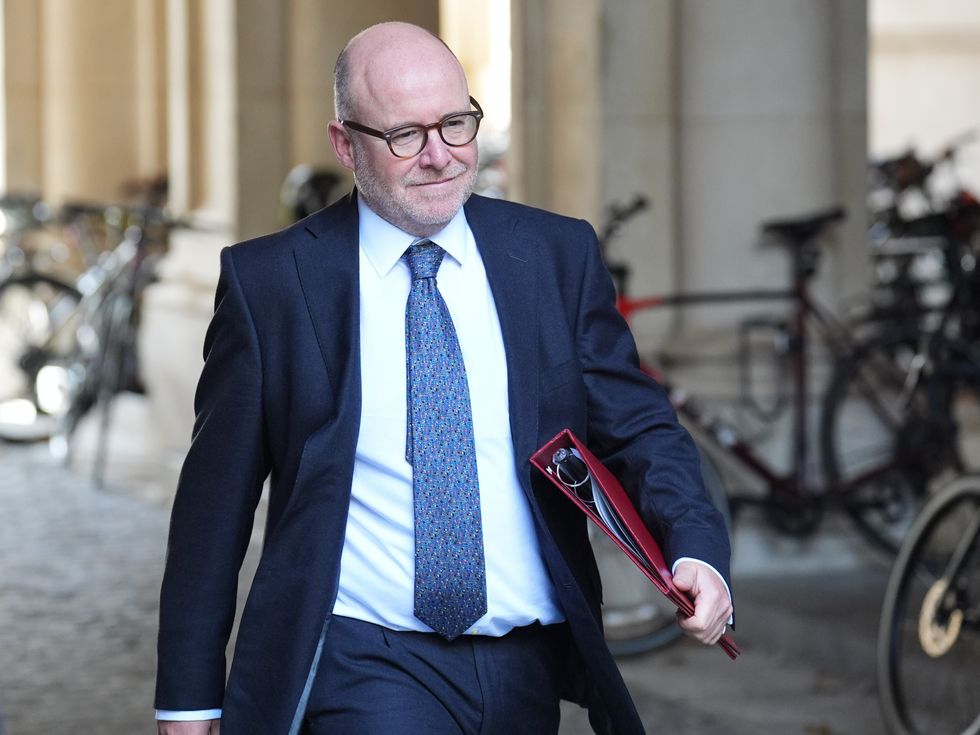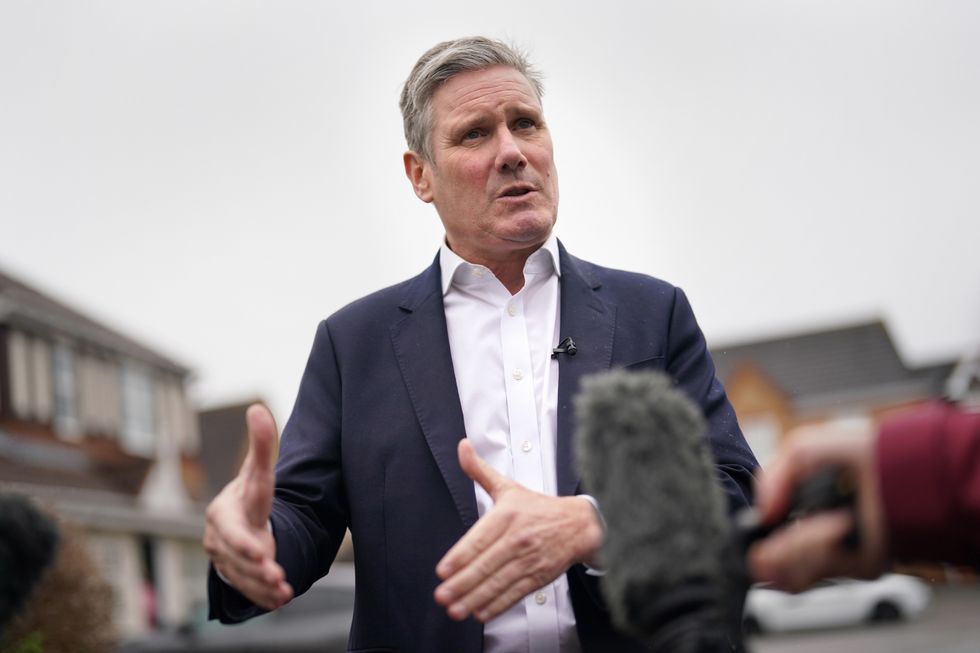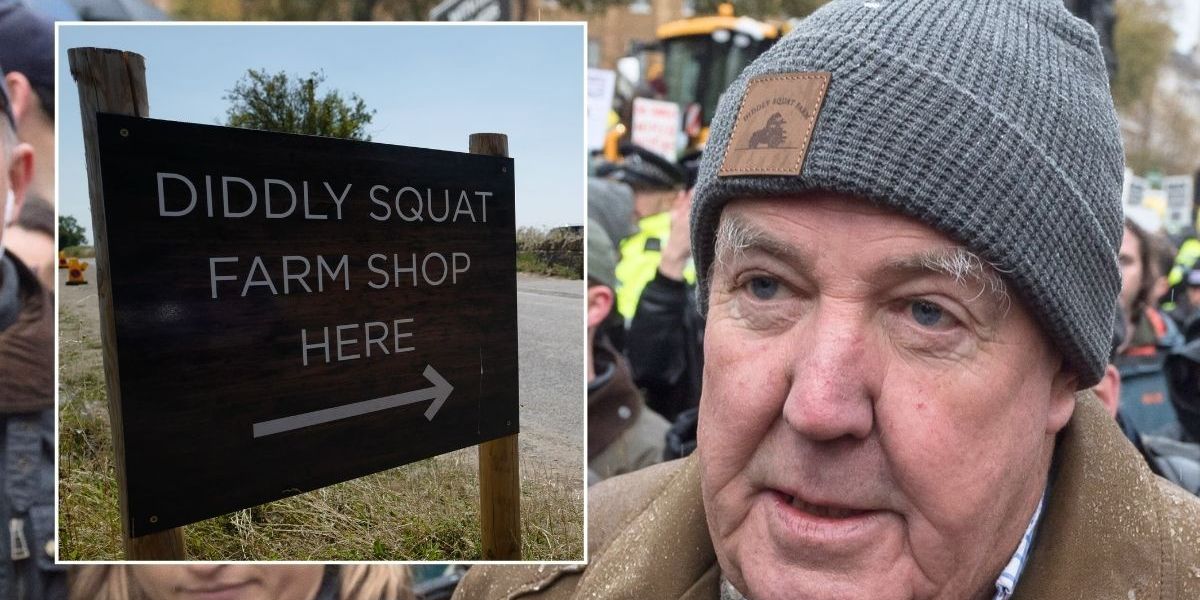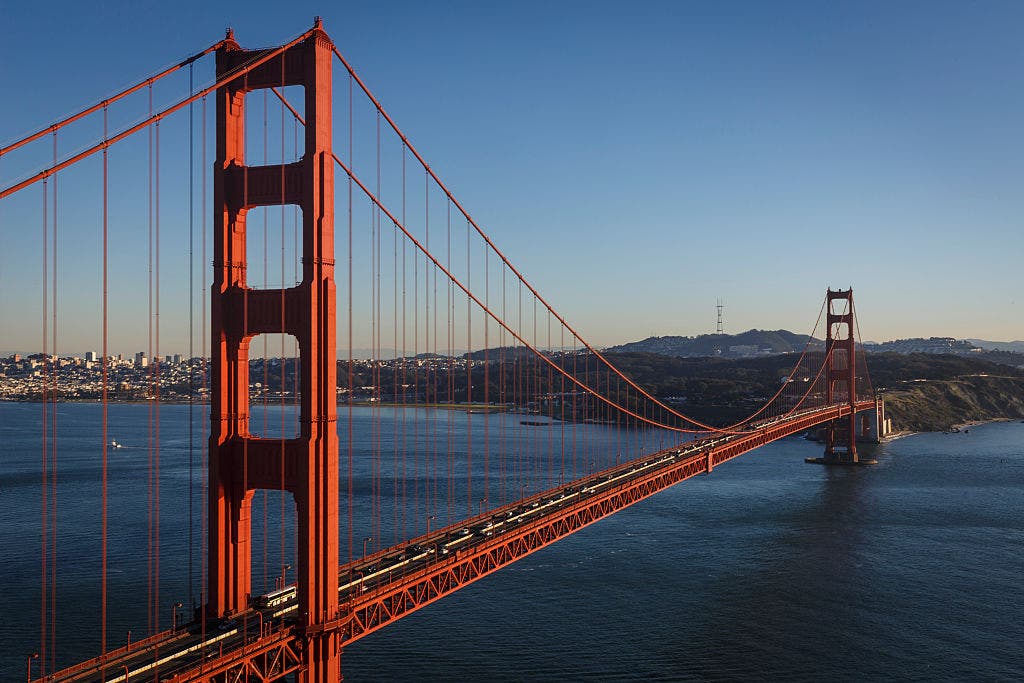The Attorney General has been accused of undermining Starmer's Channel crossing crisis plan over his unequivocal support for the ECHR.
Lord Hermer's pledge that Britain would "never withdraw from the European Convention rights" has sparked tension with provisions in the new bill that would exclude migrants with criminal records from modern slavery protections.
Senior Government sources have privately questioned how Hermer's stance can be reconciled with the bill's powers to disqualify potential victims of trafficking from support on "public order grounds".
The conflict has led to concerns about potential challenges under human rights conventions, despite the Government's determination to maintain tough border measures.
Lord Hermer's pledge that Britain would "never withdraw from the European Convention rights" has sparked tension
PA
Legal experts have raised concerns about the bill's retention of powers to exclude potential modern slavery victims who have committed crimes from the national referral mechanism.
Dr Marija Jovanovic from Oxford's Bonavero Institute of Human Rights warned that the Government needs to go further to meet its legal obligations.
The powers could face challenges under article four of the European Convention on Human Rights and the Council of Europe Convention on Action against Trafficking.
A Home Office spokesman defended the measure, stating: "The sole modern slavery measure being retained from the IMA, if commenced, would allow more foreign national offenders to be considered for disqualification from modern slavery protections on public order grounds."
Senior Government sources have expressed doubts about how Hermer's position can align with the bill's objectives.
One source told The Times: "Both of these announcements were made on the same day. How can they possibly be reconciled?"
There are also concerns that Hermer's position in the Lords has left him disconnected from voter sentiment on migration issues.
A Labour figure described him as "the anti-disruptor" amid calls for more decisive action.
Downing Street has mounted a strong defence of the attorney-general's approach to legal scrutiny
PA
The Times also revealed that ministers fear Hermer's belief in the supremacy of international law is creating a "freeze on Government" in several areas.
Some within Government have privately suggested he should be sacked, though Starmer loyalists indicate this will be rejected.
Downing Street has mounted a strong defence of the Attorney General's approach to legal scrutiny.
The Prime Minister's spokesman emphasised the importance of proper legal consideration, warning that failure to do so leads to costly judicial reviews.
"Failing to do so leads to judicial reviews, which delay projects, routinely, cost taxpayers tens of millions of pounds and end up blocking exactly the type of major new infrastructure that everyone accepts the country desperately needs," the spokesman said.
The Government maintains it is acting to prevent the law from blocking progress, with plans to reduce the number of judicial reviews permitted on major infrastructure.
Labour's new border security approach maintains several controversial measures it previously opposed, including the ban on modern slavery protections for certain migrants.
The bill introduces counterterrorism-style powers targeting people-smugglers, including authority to seize phones and financial assets.
Small boat crossings have started at a record pace in 2025, with 1,098 migrants arriving so far.
Labour MP Graham Stringer expressed scepticism about the plan's effectiveness on GB News, stating: "Sadly, I don't. I wish they would, because my constituents are really angry about this."
He added: "If counterterrorism legislation worked to deal with gangs, we wouldn't have gangs in Manchester, Liverpool and London."

 By GB News (World News) | Created at 2025-02-01 15:46:14 | Updated at 2025-02-01 18:55:42
3 hours ago
By GB News (World News) | Created at 2025-02-01 15:46:14 | Updated at 2025-02-01 18:55:42
3 hours ago










